The book industry is evolving faster now than ever, and as we look toward the future, several publishing trends and predictions are reshaping tomorrow’s landscape. Whether you’re an author, publisher, or reader, understanding and getting ahead of these changes is essential. Let’s take a closer look at what lies ahead.
The Digital Realm
E-books and audiobooks have exploded in popularity over the last decade, and this trend shows no signs of stopping. Digital formats are convenient and accessible, and nothing sells quite like convenience. Because of this instant accessibility, readers are embracing digital content. Publishers and authors should commit to creating high-quality e-books and audiobooks to reach not only today’s audience, but tomorrow’s as well.
Self-Publishing Revolutions
Self-publishing has changed the writing landscape irrevocably and continues to tip the scales in writers’ favor. It offers authors unparalleled freedom and control — not to mention the possibility of higher royalties. As more writers turn to self-publishing, established publishing houses must adapt to compete. Consequently, the industry may experience an increase in hybrid models that combine traditional publishing with self-publishing.
AI and Data-Driven Publishing
Artificial intelligence (AI) is revolutionizing the publishing process. From content creation and editing to marketing and distribution, AI tools are adept at streamlining various tasks. Additionally, data analytics are being used to better understand reader preferences, allowing publishers to tailor their content to specific audiences and niches.
Environmental Responsibility
Eco-consciousness is a growing concern for both publishers and readers. Sustainable printing methods and the use of recycled materials are becoming more and more widespread. Publishers who embrace green printing practices may be expected to gain a competitive edge, as readers seek out more environmentally responsible options.
Audio Content Expansion
Audiobooks and podcasts are flourishing like never before. The audiobook format offers a new dimension to storytelling, attracting audiences that may have previously shied away from printed books. Publishers and authors would do well to explore opportunities in this space, which could mean anything from producing original audio content to adapting existing works into audio formats.
Personalized Reading Experiences
With AI and data analysis, personalized reading experiences are on the horizon. Readers will receive book recommendations and content tailored to their preferences, augmenting their reading journeys. Publishing trends and predictions indicate that this level of personalization will likely result in greater reader engagement.
Hybrid Publishing Models
Hybrid publishing models, which combine elements of traditional publishing with self-publishing, will continue to gain popularity. Authors benefit from greater control and higher royalties, while publishers access a pool of emerging talent. The hybrid approach offers the best of both worlds.
Reader Engagement and Interactivity
Readers are no longer content to passively consume content. They seek engagement and interactivity within the reading experience. Enhanced e-books, multimedia content, and reader forums are all part of the evolving publishing landscape. Any means by which the reader can actively participate in your world will be an advantage.
Immersive Technologies
Virtual reality (VR) and augmented reality (AR) are taking storytelling to new heights. These immersive technologies offer readers the chance to step directly into the world of a book. While these technologies are still emerging, their potential impact on publishing is significant. To learn more about how VR and AR can enhance the reading experience, check out this article from Kotobee.
Blockchain and Copyright Protection
Copyright protection is a serious concern in the digital age. While it tends to get less attention, piracy is as much a problem in the publishing world as it is in the film and music industries. Blockchain technology is being explored as a way to safeguard intellectual property and ensure authors receive their fair share of royalties. For more information, check out this article from GLAIR, which goes into more detail.
Crowdsourced Content
Crowdsourcing platforms are gaining ground as a means of content creation. Authors can collaborate with readers to develop storylines or explore alternative endings. Crowdsourcing encourages reader participation and fosters a sense of community. Most importantly, the reader will have a far more intimate connection with your story if they played a role in its creation.
No matter the outcome, the future of publishing is filled with exciting possibilities. The industry is adapting to the digital age, offering new formats and more diverse content. Authors and publishers who embrace these trends are more likely to succeed in this ever-evolving, ever-competitive landscape. Much like vinyl records, however, one can rest assured that the printed book will never go out of style, no matter how much the publishing industry changes around it. And when you’re ready to make that leap from prose to print, contact us — we’ll help you journey forward into the future.

